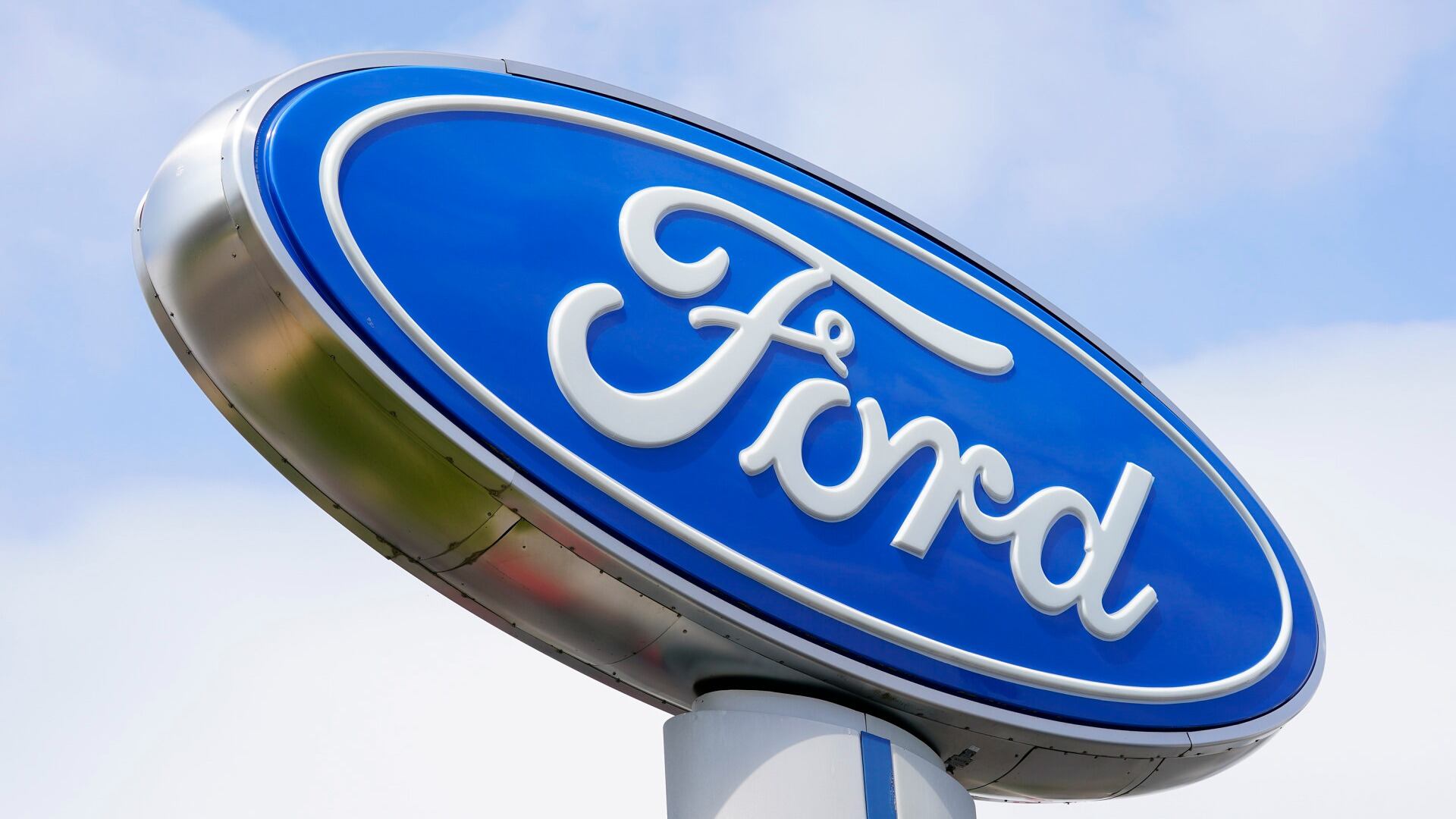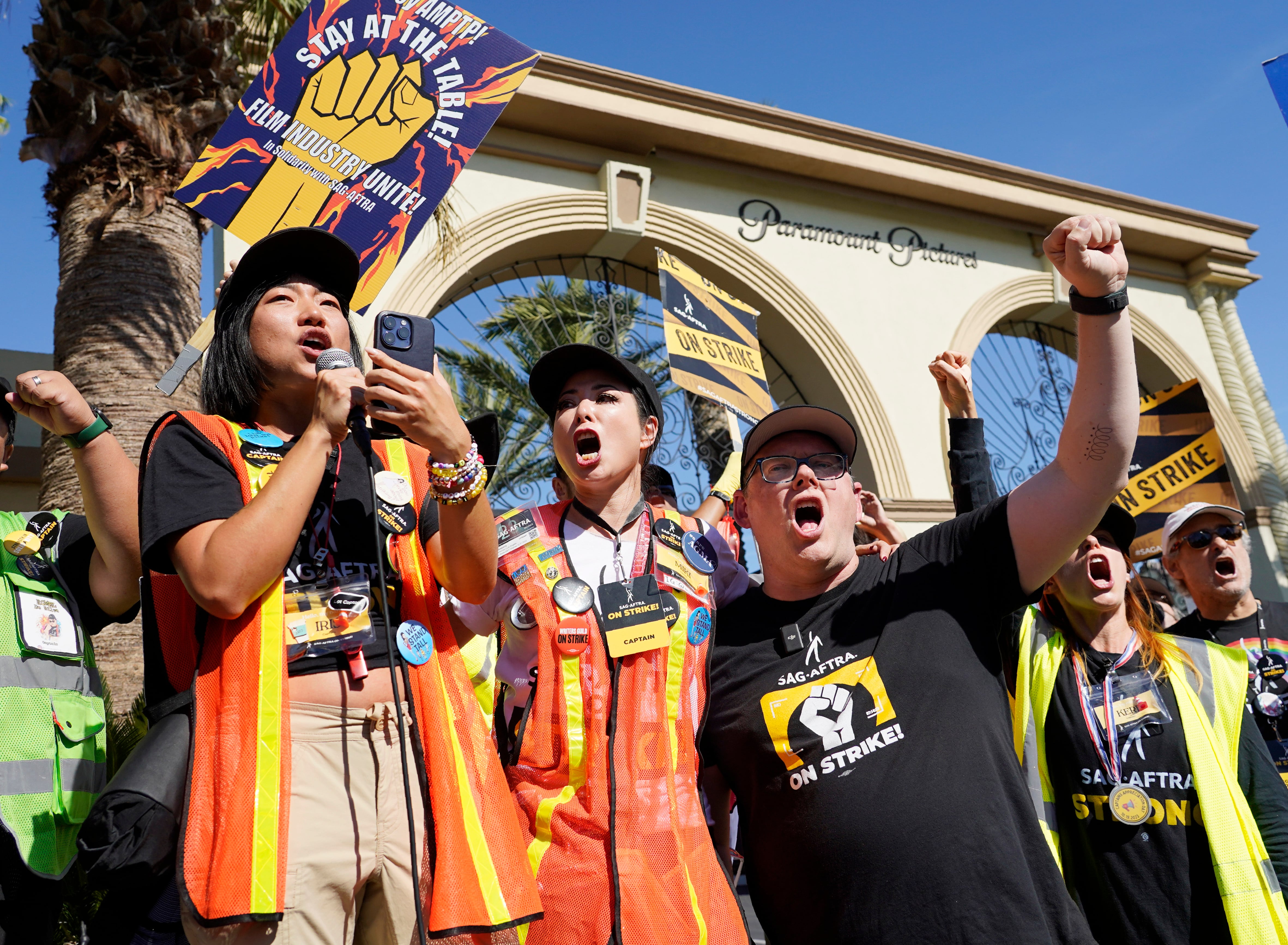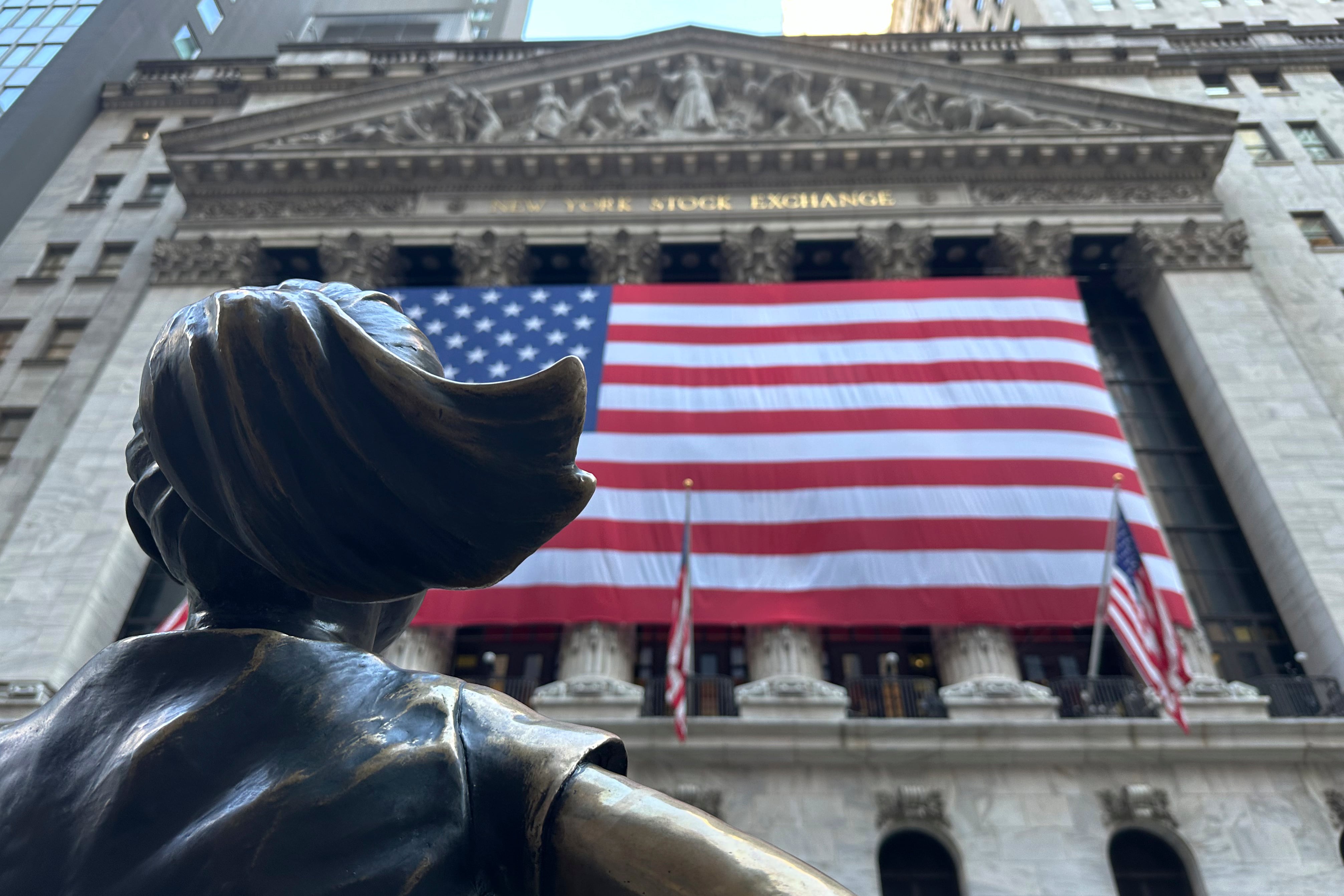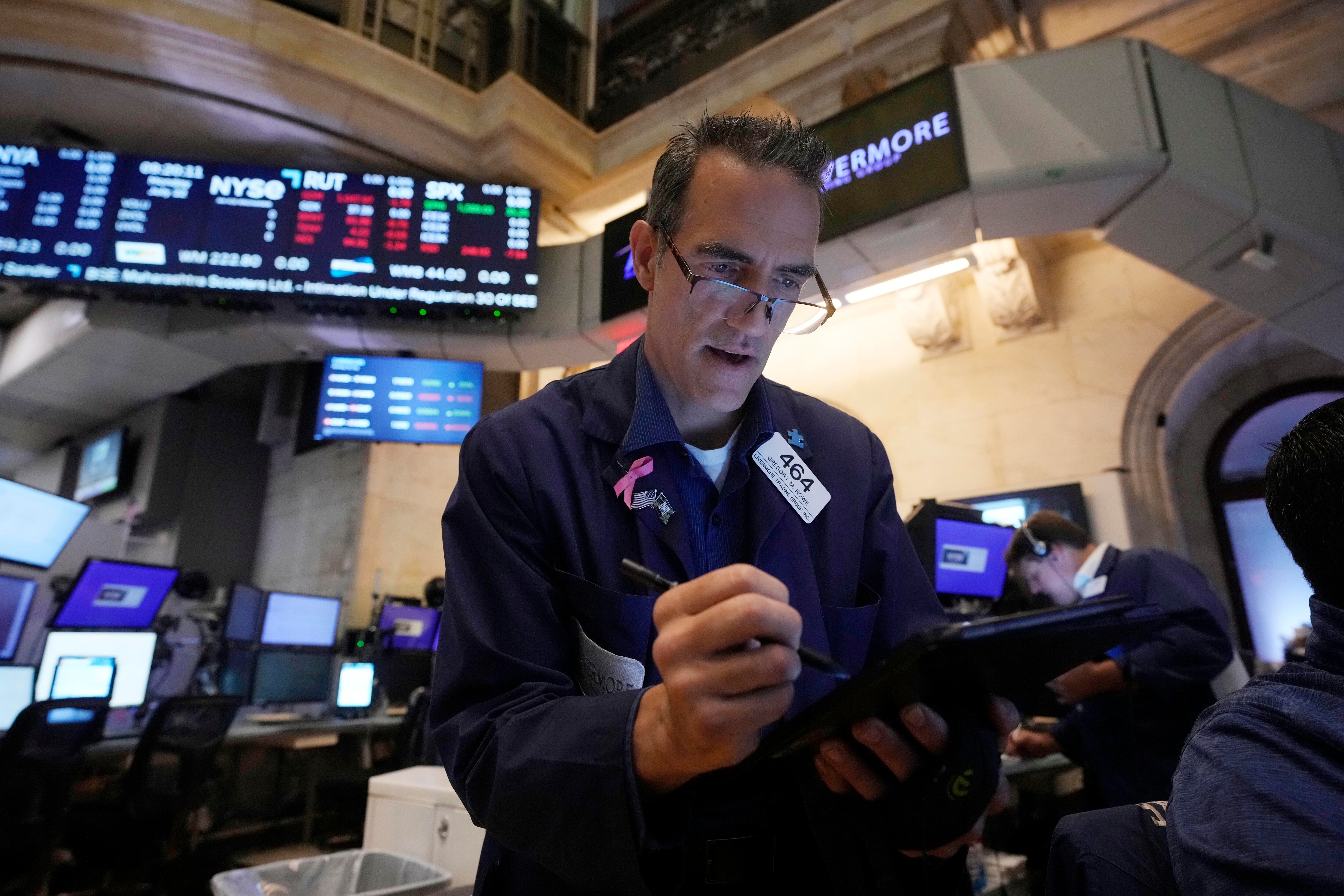By Tom Krisher
Autoworkers at the first Ford factory to go on strike have voted overwhelmingly in favor of a tentative contract agreement reached with the company.
Members of Local 900 at the Michigan Assembly Plant in Wayne, Michigan, west of Detroit voted 81% in favor of the four year-and-eight month deal, according to Facebook postings by local members on Thursday.
Two union officials confirmed the accuracy of the percentage Thursday. Neither wanted to be identified because the vote totals had not been made public.
About 3,300 UAW members went on strike at the plant Sept. 15 after the union's contract with Ford expired. They remained on the picket lines until Oct. 25, when the union announced the tentative deal with Ford.
Production workers voted 81% to ratify the deal, while skilled trades workers voted 90% in favor.
Voting at Ford will continue through Nov. 17.
Local union leaders from across the country at Jeep maker Stellantis are meeting in Detroit Thursday to get an explanation of the company's tentative agreement from UAW President Shawn Fain and Vice President Rich Boyer. If they endorse the contract, Fain and Boyer will explain it to members in an online presentation Thursday evening.
General Motors local leaders will meet on Friday, with another contract explanation on Friday evening.
The deals with all three companies are generally the same, although there are some differences. All give workers 25% general pay raises with 11% upon ratification. With cost of living pay, the raises will exceed 30% by the time the contracts end on April 30, 2028.
Workers began their strikes with targeted walkouts at all three automakers that grew during a six-week period in an effort to pressure the companies into a deal. GM was the last company to settle early Sunday morning.













